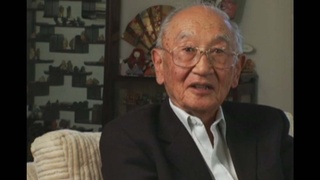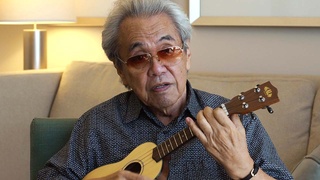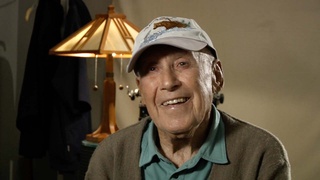Interviews
Impact of army service in Vietnam
An idea of imperialism and colonialism never came home to me. I heard all those things before I went to Vietnam and then I look around me and I realized it was all around me, the military as a force for domination, not liberation, it was my experience with the military and and I’ll tell you this now and I’ll tell you this openly I apologize for everything we did to harm the country of Vietnam, to fracture their society, their community to contribute to that war, the violence, the racism, to bring all this unnecessary brutality and killing to Vietnam which is still not really healed the wounds between North and South to this day and I just apologize. I apologize for my part in the whole thing and for being stupid enough to think that it was my duty to do something like this. Vietnam stands for that lesson, for me. I have to say that my memory of it is that I was dying to get out and join the anti-war movement, to get out and finally be able to say something and again, it wouldn’t reflect back on my employer. And so I did that and in many ways, I mean people have described me, you know, it’s always like, especially, in my profession in the bar, I think I get a lot of that “angry Asian lawyer,” I’m described that way and people, you know, they kind of pigeon-hole you like that but at the same time when things happen people say things things that, that you gotta say something about. I say it and I’ll take the consequences for it, but I’m gonna call it like I see it and if I end up being called that crazy-ass angry Asian American woman then fine because sometimes I am pissed off, it’s true, but I always feel like if I’m not angry about this stuff, what’s wrong with you?
Date: July 14, 2020
Location: California, US
Interviewer: Matthew Saito
Contributed by: Watase Media Arts Center, Japanese American National Museum; Japanese American Bar Association




